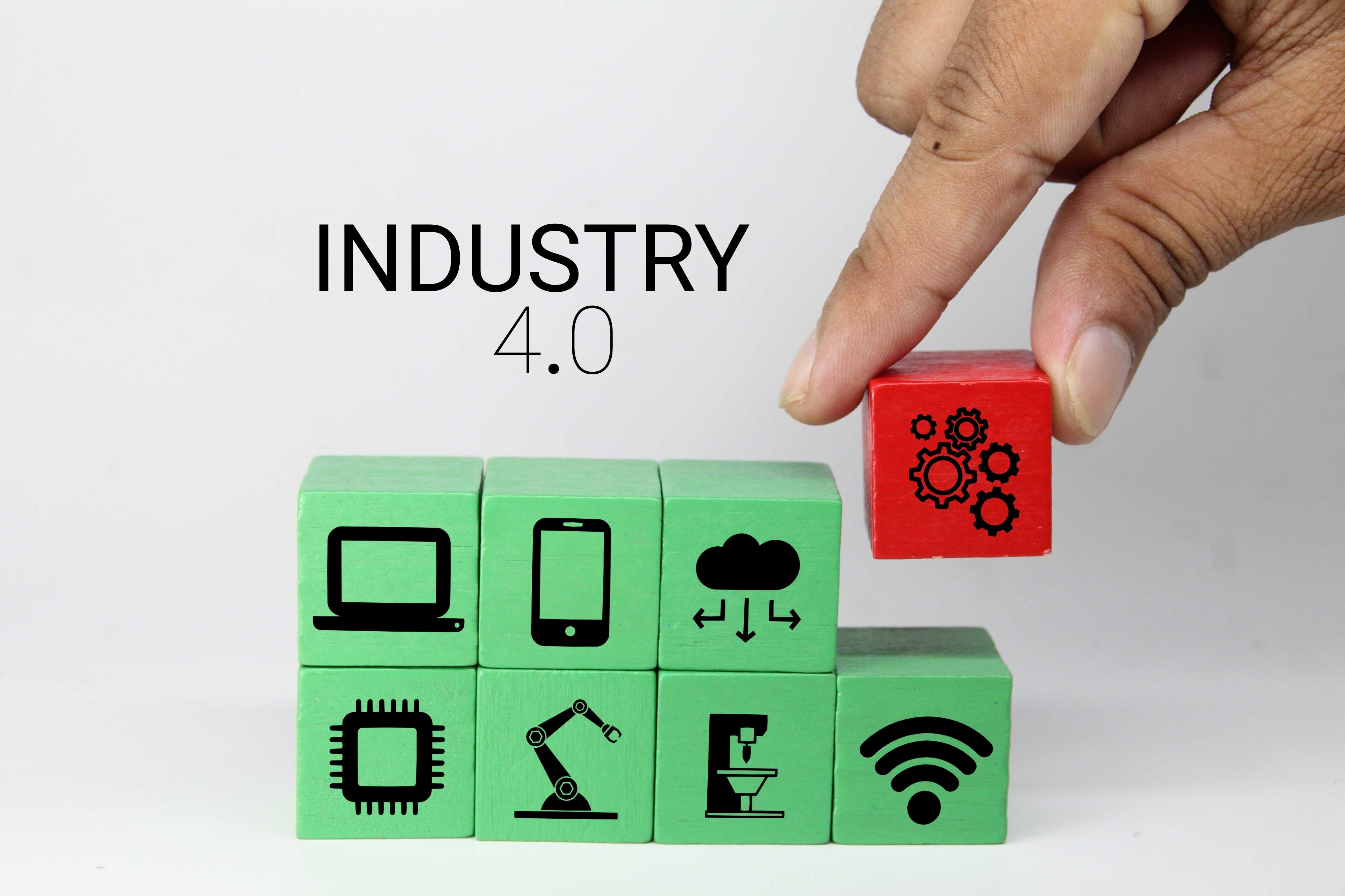
Digital Disruption in the Services sector with Industry 4.0

LeSoft
The COVID-19 pandemic has changed the world completely. Organizations have adopted to work remotely, students seeking education through online media, and humans are communicating virtually with each other.
While the pandemic has presented the world with several challenges, it has also made human interaction minimal, resulting in minimized communication.
This all seemed a huge challenge initially, but as soon as the time passed, these challenges turned into opportunities, leveraging the power of data and digital transformation.
Much disruption has been observed in multiple industries, right from manufacturing, retail, and distribution, to education, healthcare, and Services.
Digital disruption is the new normal, they say, and understanding this fact, organizations, too, are moving towards digitizing their businesses.
Be it the digitization of business processes or the overall digitization of a business unit, organizations have been aggressive in investing in digital tools, and driving innovation.
According to recent research, the global value of the digital transformation market will reach USD 1200 Billion by 2026
This massive growth in the global digital transformation market results from the paradigm shift that digitization has made with the surge in digital business processes.
This large-scale digitization of businesses has resulted in unparalleled advantages that include increased productivity, reduced costs, and cost savings, among others.
Another research suggests that since the pandemic, 23% of organizations have entirely moved to a digitized business, whereas 37% of companies have adopted the hybrid digital model of work processes.
Digitizing the entire business processes of an organization is easier said than done.
It requires quick implementation of digitally transformed services, but it also requires digital expertise that eases the entire digitization process.
Moreover, the extent of driving results from digital data enhances the overall customer experience, resulting in a digital customer experience.
Since the Service industry entails several aspects which are different from the product industry, its digitization too, focuses on factors that are Service driven and hence takes a comprehensive approach to digitization.
The below-discussed elements make the digitization of entire business processes smooth.
1. Digital Business Model
Since the services industry operates differently compared to the product industry, its business models are quite different.
Digitization of Service industry processes empowers firms to change every facet of how they go to market: their services, value propositions, target customers, and price points by leveraging the digital world and fostering the digital value chain in its operations.
2. Automation
No talk about digitization is completed without mentioning automation.
Organizations across the sectors are leveraging emerging technologies such as AI, IoT, RPA, and others to drive digitization and make actionable insights from the digital data at hand.
Research also reveals that the automation sector has shown a rise of almost 20% since the digital transformation has become a common practice in Industry 4.0
3. Digital Agility
No amount of digital transformation is enough if it lacks digital agility in its business processes.
It is pretty evident that Service companies that anticipate change, and react faster than their competitors, are more adaptable to their strategies and processes with digital technology to stay ahead of the curve.
Thanks to digitization's benefits, the Service industry is becoming more digital by adopting digital agility, promoting an agile culture, and investing in smart digital infrastructure to encourage productivity and creativity.
4. Digital empowerment of customers
Driving digital customer experience is an integral part of an organization to driving digitization in its business practices.
Digital customer experience offers the right value proposition, which is imperative for firms in the digital world by leveraging new technologies and maintaining high engagement levels among the employees.
The services industry, like other industries, is adapting to digital tools and technologies and driving growth in its organizations.
Digitization in the Services industry ensures a digital customer experience and drives growth in the business processes more efficiently and smoothly by enabling the businesses to understand their customers, know their leads, and build a reputation among their stakeholders.
Of several digital tools, technologies, and software, ERP remains one of the most preferred software by the services industry that streamlines the various repetitive business processes and digitizes the entire business unit, making Service industry organizations drive digital customer experience across their business processes.
"Fox ERP for Services," is a comprehensive business process management tool, helps businesses record their business transactions in one system.
From setting maintenance visits and schedules to manage customers' issues to resolving them, “Fox ERP for Service" streamlines the entire business processes of the services industry, thereby enabling digital transformation in the Services industry.
Furthermore, “Fox ERP for Services” comes with a "Do it yourself" mode of implementation, making its implementation process smoother without any external expertise.
Conclusion
Digital is the new normal, and so are digitized business practices.
In the aftermath of the COVID-19 pandemic, digital transformation provided all the required escape from the challenges the pandemic has presented to the world.
The escape from the pandemic-driven challenges and digitization of business processes also laid a strong foundation for streamlined digital practices.
“Fox ERP for Services" helps Services-based organizations attain growth, drive profits, and retain clients, thereby digitizing their business.